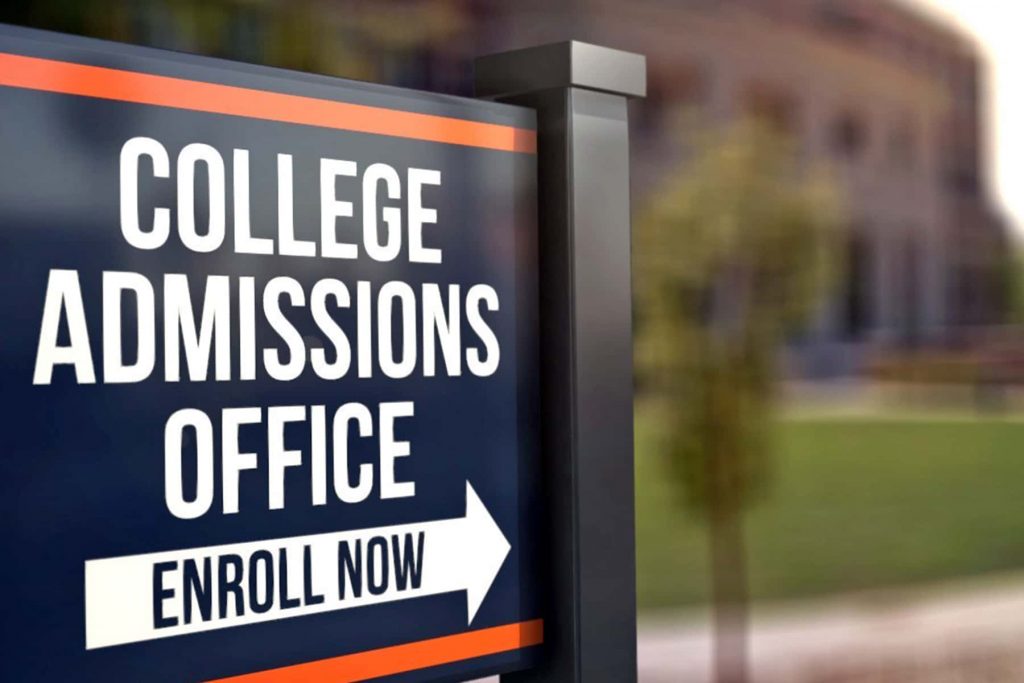The college admissions world can be mysterious. Students and families seek the best fit of education that will hopefully launch a great future. Meanwhile, colleges may have limited available seats, institutional priorities, and opaque algorithms that factor into admissions decisions. College admission officers thoroughly assess your interviews, recommendations, activities, essays, test scores, courses, and high school grades. But as a student, you don’t need to panic. You’ll increase your likelihood of getting into the colleges of your choice by following these tips:
- Grades are Crucial.
So get the best possible grades you can during all four (4) years of high school. Colleges want to see that you’ve focused from the beginning on getting the best education your high school has to offer. Students should start thinking about college applications as early as eight grade. You need to make the most of your time in high school proactively.
If it took you a while to get on track, you should consider making up lost ground. You can do it by doubling up on science, math, or foreign languages as a junior or senior or do it in summer school. While admission officers note struggles, they also like to consider how students overcame them. It’s not all about how you start, but how you finish.
- Challenge Yourself Responsibly

The top factors for college admissions are overall high school GPA, a rigorous curriculum and standardized test scores, as well as grades in college prep classes, such as Advanced Placement. Many families think that having many APs is enough, but that’s not the right thing. You should know your strengths and interests as well as what top students are taking. Know which AP classes are not challenging and more challenging.
- Don’t Apply Too Broadly
A sense of purpose is needed when you apply to college. We encourage students to demonstrate the intentionality of their choice. One way to do this is to explain your interest in a particular school in a supplemental essay. It would be best if you look for academic programs that meet your needs, a college that values what they offer, and instruction consistent with your learning style.
We also suggest going on-campus visits, a lot of visits. We encourage students to go window shopping, see as many schools as possible – small schools, big schools, liberal arts colleges, research universities. Look at them through not the lens of what somebody else says, but what makes sense to you.
Explore a variety of options through university fairs, tours, and webpages. Understand what matters most to you and know which schools will match these preferences.
- Explain Your Flaws
You don’t need a perfect record to get into your dream school, but you must explain any significant blip. Flaws in your applications lends an authenticity to your candidacy, but you should not hope admission officers don’t notice you goofed up. Clarify a discrepancy in behavior or grades in a personal essay, an interview, or teacher recommendations.
- Apply Early
Colleges can’t predict how many students will enroll after being admitted as students are applying to more schools. It is common for colleges to accept enough early applications to fill at least 50 percent of their class seats for the year. So, applying early can boost your odds.
